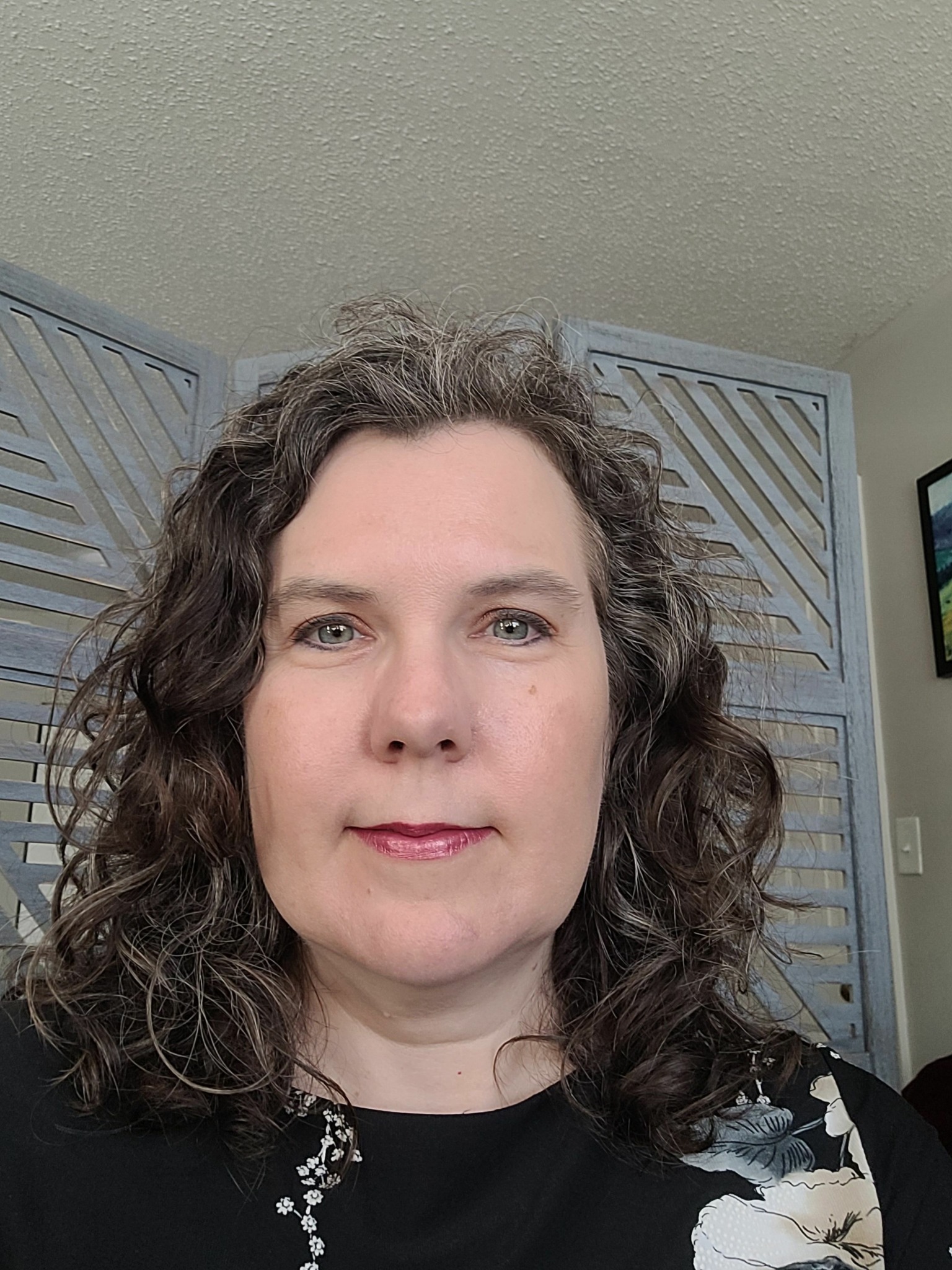We recently connected with Melanie K. Hutsell and have shared our conversation below.
Hi Melanie K., thanks for joining us today. What’s been the most meaningful project you’ve worked on?
I’m still working on it! I have a magic realism novel I’ve been wrestling with on and off for over thirty years. I believe it is my magnum opus, for what that’s worth, whether or not it’s ever worth anything to anyone else. It’s a story that I have to tell — I keep thinking the main character is done with me, many times over the years, but then he hunts me down and collars me. So what am I to do? Finally I have committed to see it through. Many writers say, a project like that belongs in a drawer, should be whittled down to a short story, etc. But I believe if I don’t write this, I’ll never be free of it. I have to write it through to move on in the end. And I guess that’s where I am now. I guess I could change my mind one day. But I’ve made my peace right now about this stage of my journey. This novel is my primary life’s work at the moment.
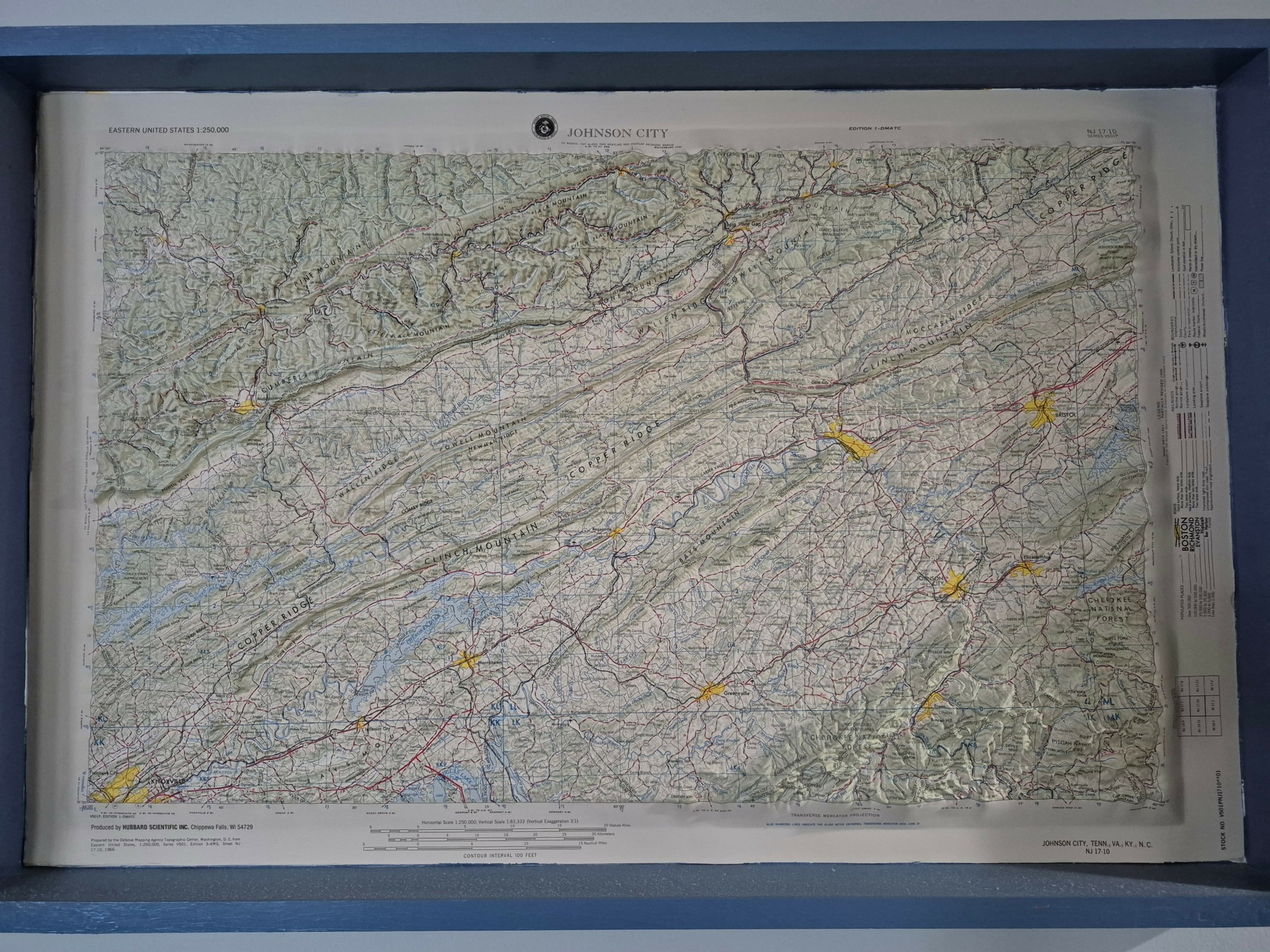
Awesome – so before we get into the rest of our questions, can you briefly introduce yourself to our readers.
I’m a Gen X writer from East Tennessee, with a background in English literature. I have a day job, but writing has been one of my great passions for most of my existence. (The others are books and music.)
I’m the author of two novels: The Dead Shall Rise (Celtic Cat Publishing, http://celticcatpublishing.com/the-dead-shall-rise/) and The Book of Susan (Paraclete Press, https://paracletepress.com/collections/fiction/products/the-book-of-susan). I have also a book of short fiction, The Art of Lost Souls and Other Stories, forthcoming from Main Street Rag (https://mainstreetragbookstore.com/).
I write literary fiction with a focus on the Appalachia of East Tennessee, occasionally infused with magic realism. My themes tend to center around questions of identity at the intersections of the individual versus family/community, and Appalachian heritage versus Appalachian modernity. Questions of faith/belief (religious or otherwise), or lack thereof, are also a significant theme. My work can be pretty dark, but not unrelievedly so.

What do you think is the goal or mission that drives your creative journey?
Writing gives my life richness and meaning. It’s the undercurrent behind everything else in my life. I want to give voice to stories that border on my own experiences in the world, in the hope that what I have to say may be meaningful, may resonate with the experiences of others, may transform others in some way. A lady I once worked with told me that her little granddaughter had read The Dead Shall Rise and choose to do a French homework assignment using my novel. That touched me deeply. Encounters like those make it all worthwhile.
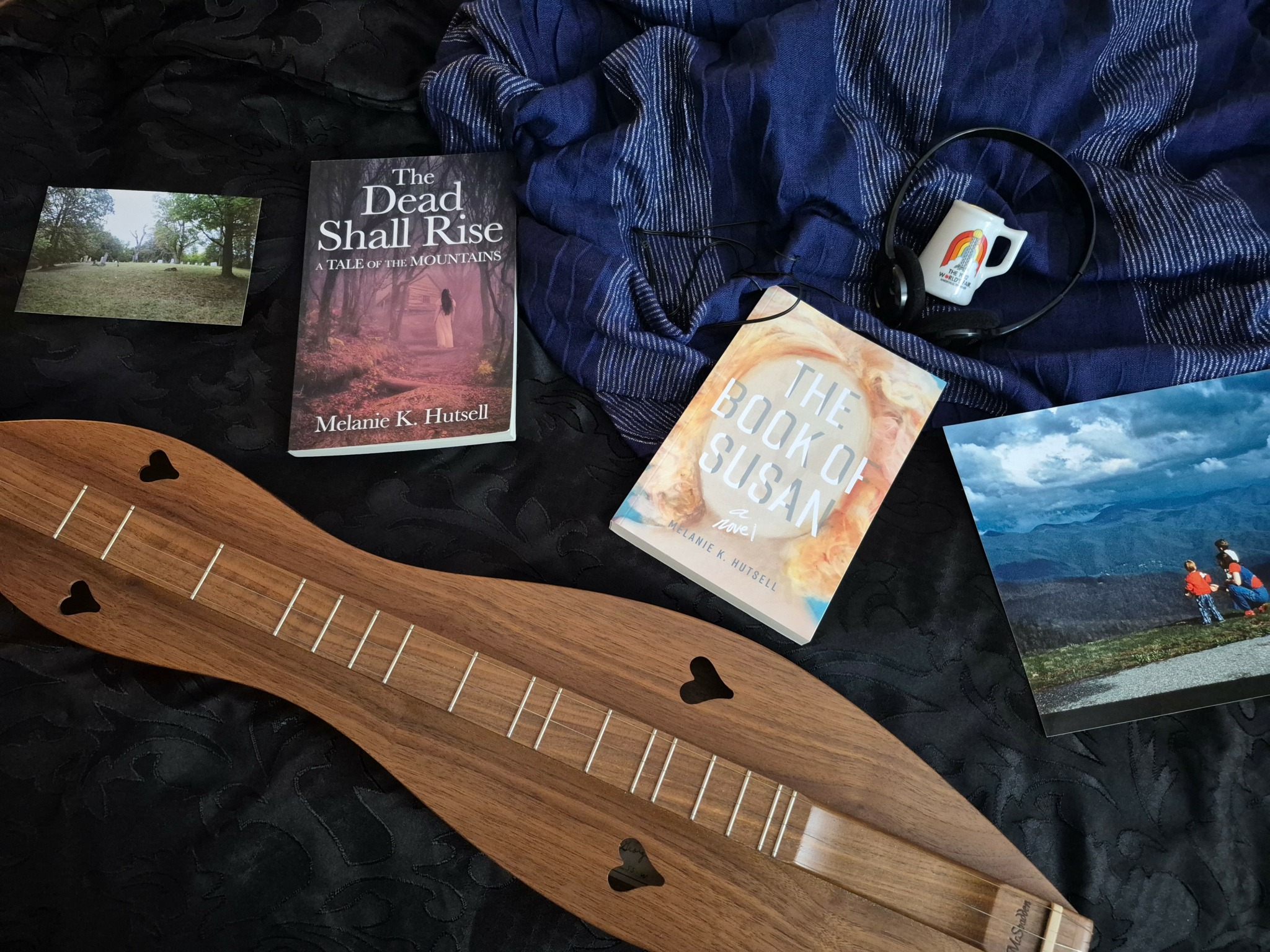
Can you share a story from your journey that illustrates your resilience?
I have bipolar disorder and am on the schizotypy spectrum. At one point, I thought my mental illness would sideline me forever. My life has certainly unfolded in ways I would never have imagined when I was young. I have had a somewhat singular path. But thanks to my treatment and my therapy, and a lot of personal work, I have been able to grow strong, to write and even to have success with my writing. My novel, The Book of Susan, has been a way of telling others about what such a journey can really be like. It is a novel about resilience and hope, and it is for anyone who has ever struggled in a dark place.
Contact Info:
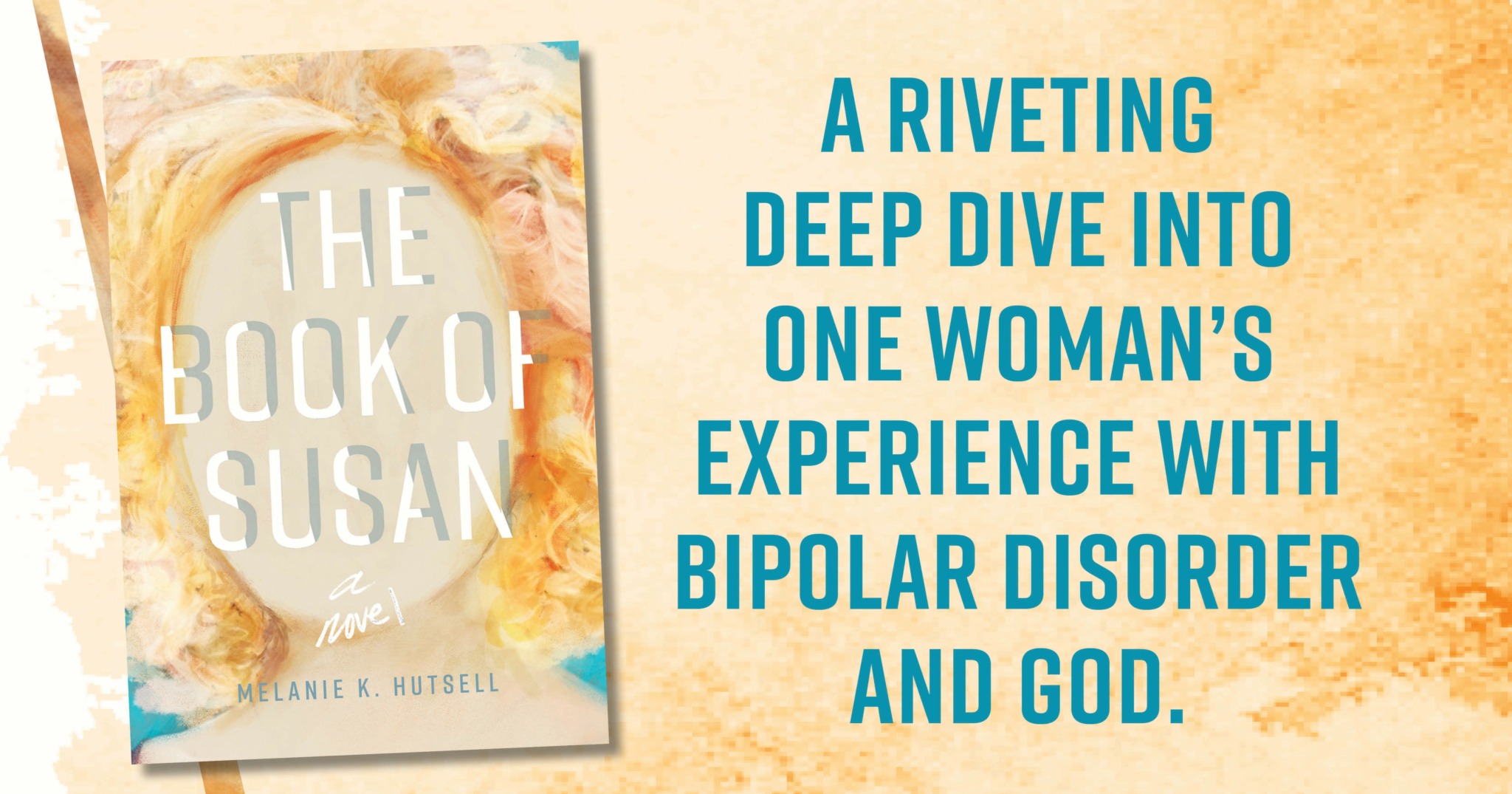
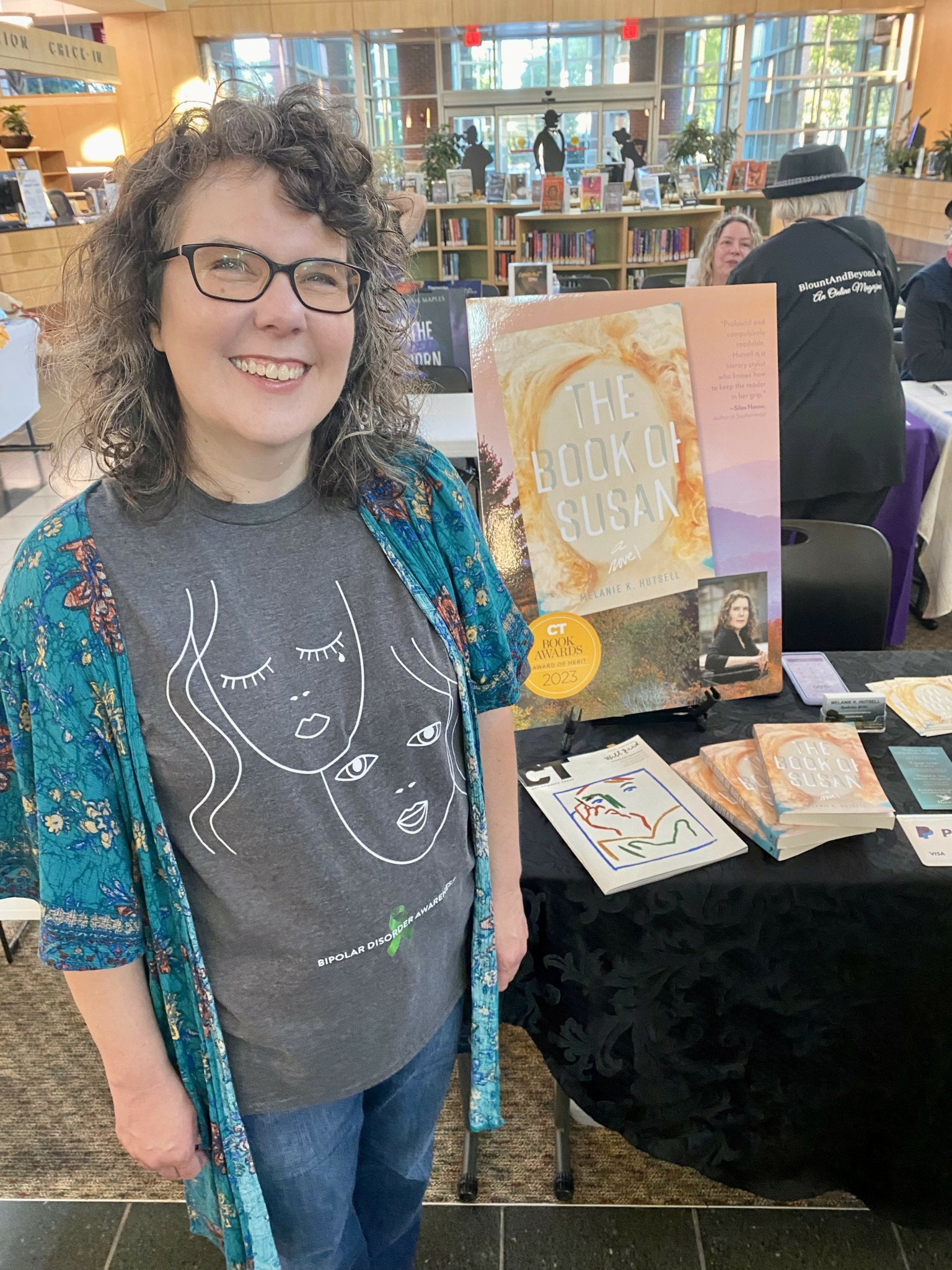
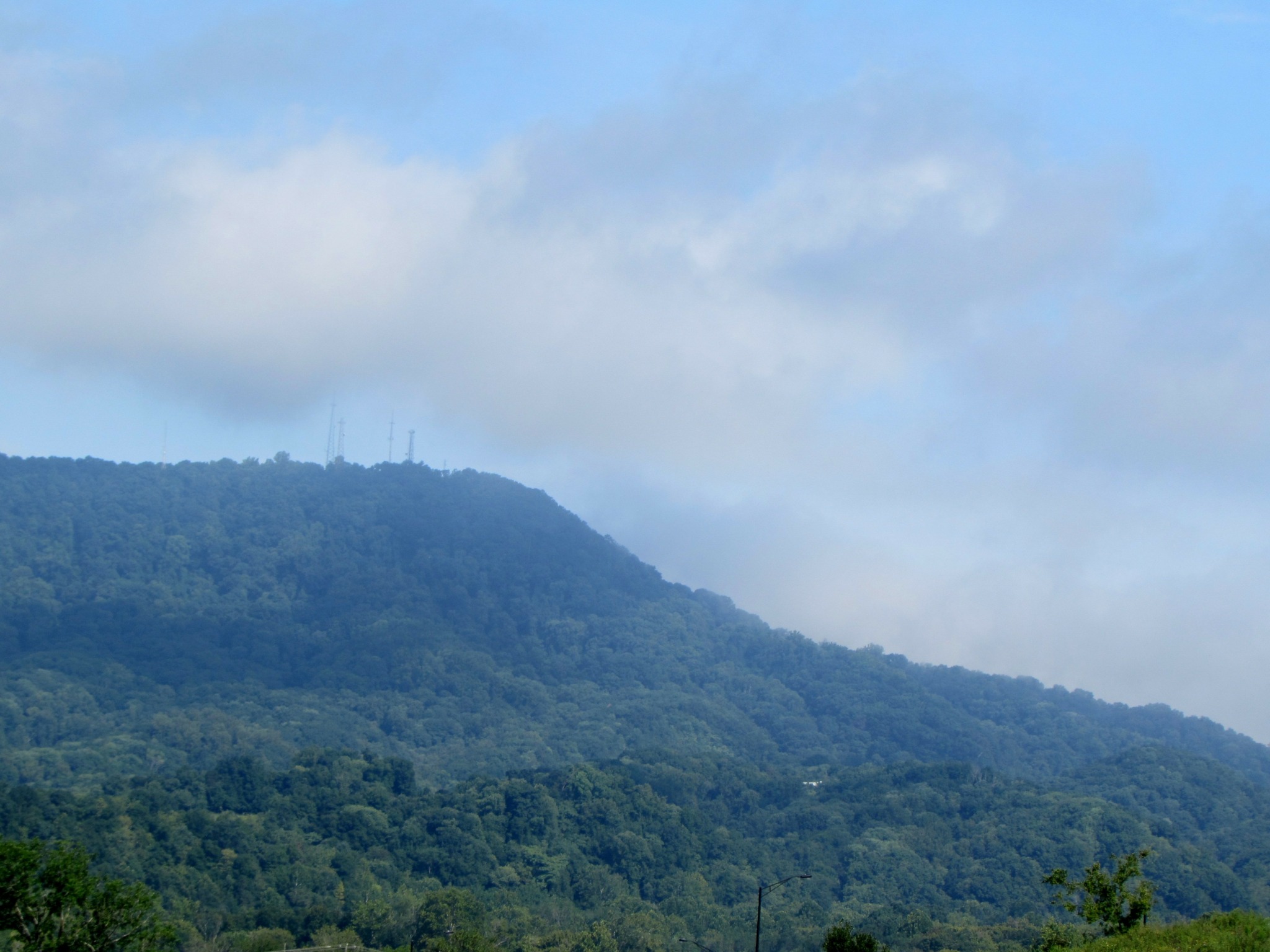
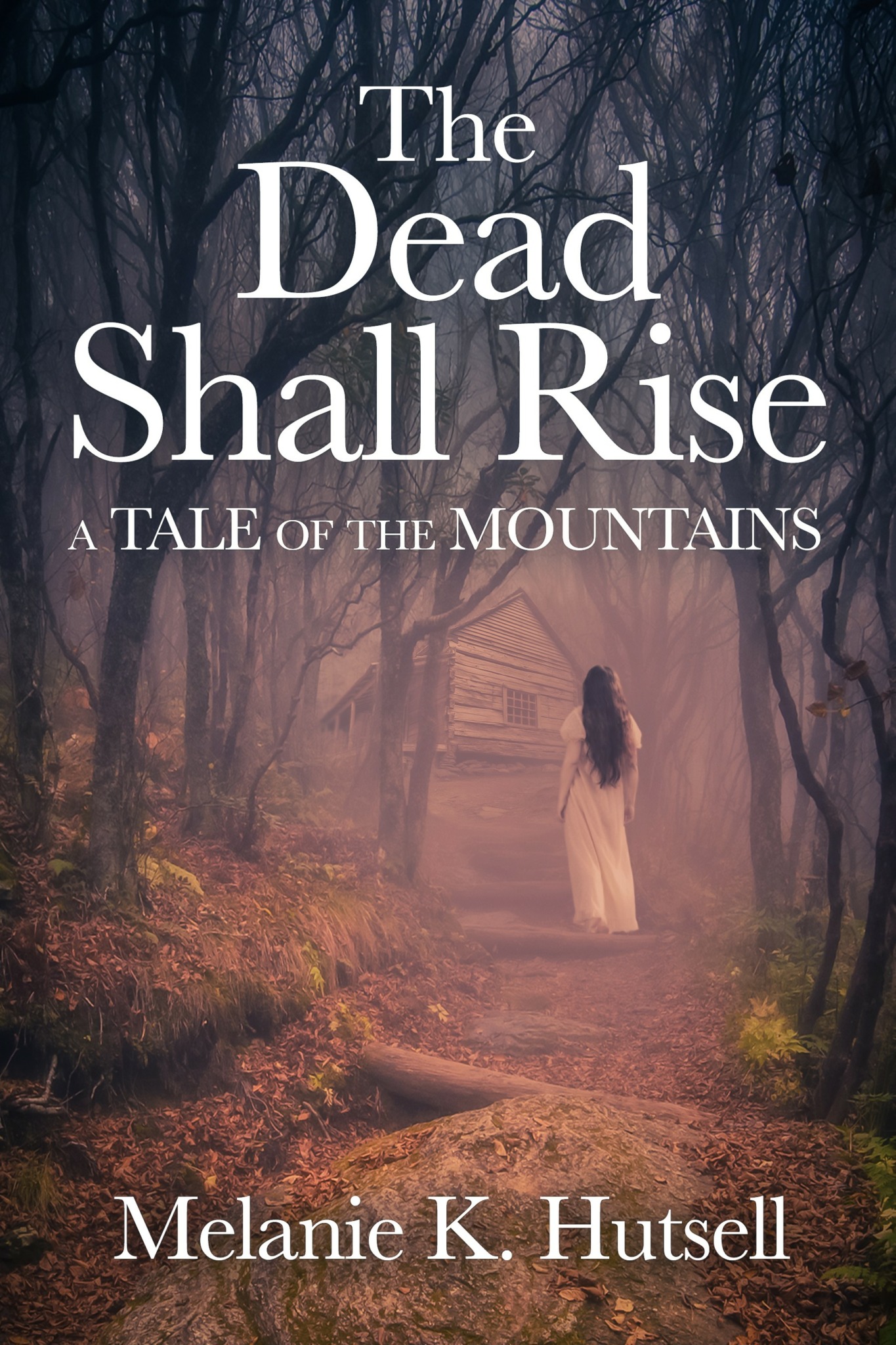
Image Credits
I am the originator of about half the images; credit to The Soup Kitchen in Oak Ridge, TN, (as promised), in thanks for the permission to photograph my novel with their food; to A. C. Hutsell and W. R. Hutsell; to the marketing department at Paraclete Press and Celtic Cat Publishing; and to Terry Shaw.


